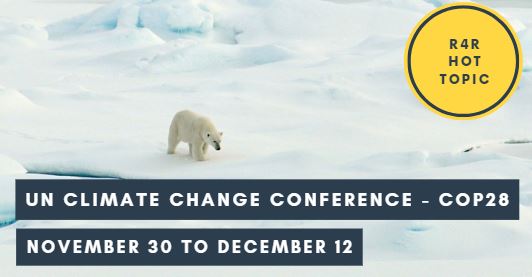Search for Resources
Hot Topics
Exploring current issues in the classroom
This feature was developed by Resources for Rethinking to connect students to some of the efforts being made to solve important problems that are affecting our planet. Hot Topics are published during the school year to coincide with the timing of national and international campaigns taking place to raise awareness of these key issues.
Each Hot Topic edition includes links to classroom materials from the Resources for Rethinking database that will encourage students and teachers to explore the environmental, economic and social dimensions of these issues and to take action in support of the larger campaign.
Hot Topics Calendar |
|
UN International Day for the Preservation of the Ozone LayerSeptember 16
|
 |
National Day for Truth and ReconciliationSeptember 30
|
.png) |
Ocean Wise Shoreline CleanupFall 2023 |
 |
World Food DayOctober 16 |
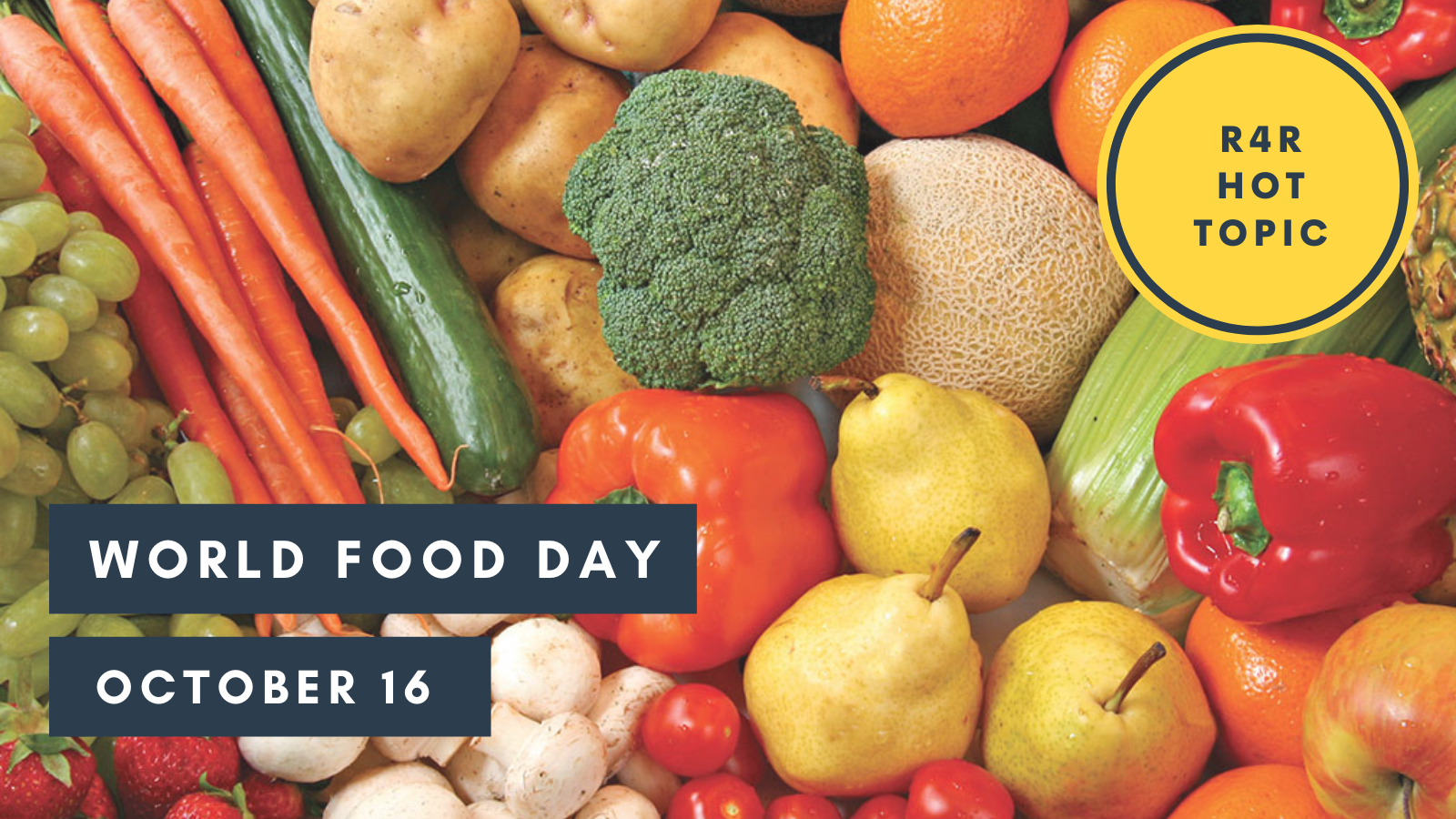 |
Waste Reduction WeekOctober 16-22 |
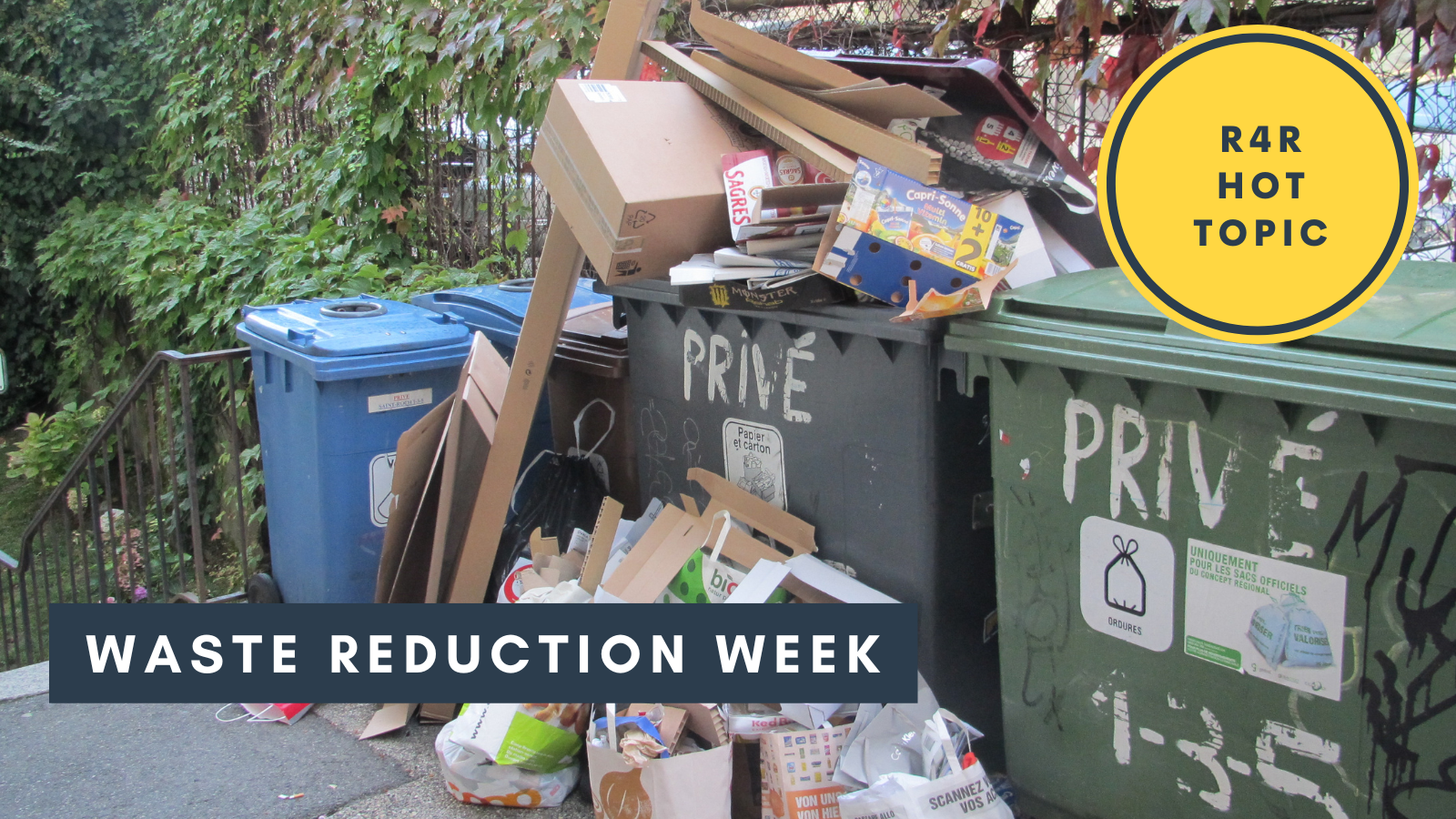 |
UN Climate Change Conference COP 28November 30 to December 12 |
|
World Fisheries DayNovember 21 |
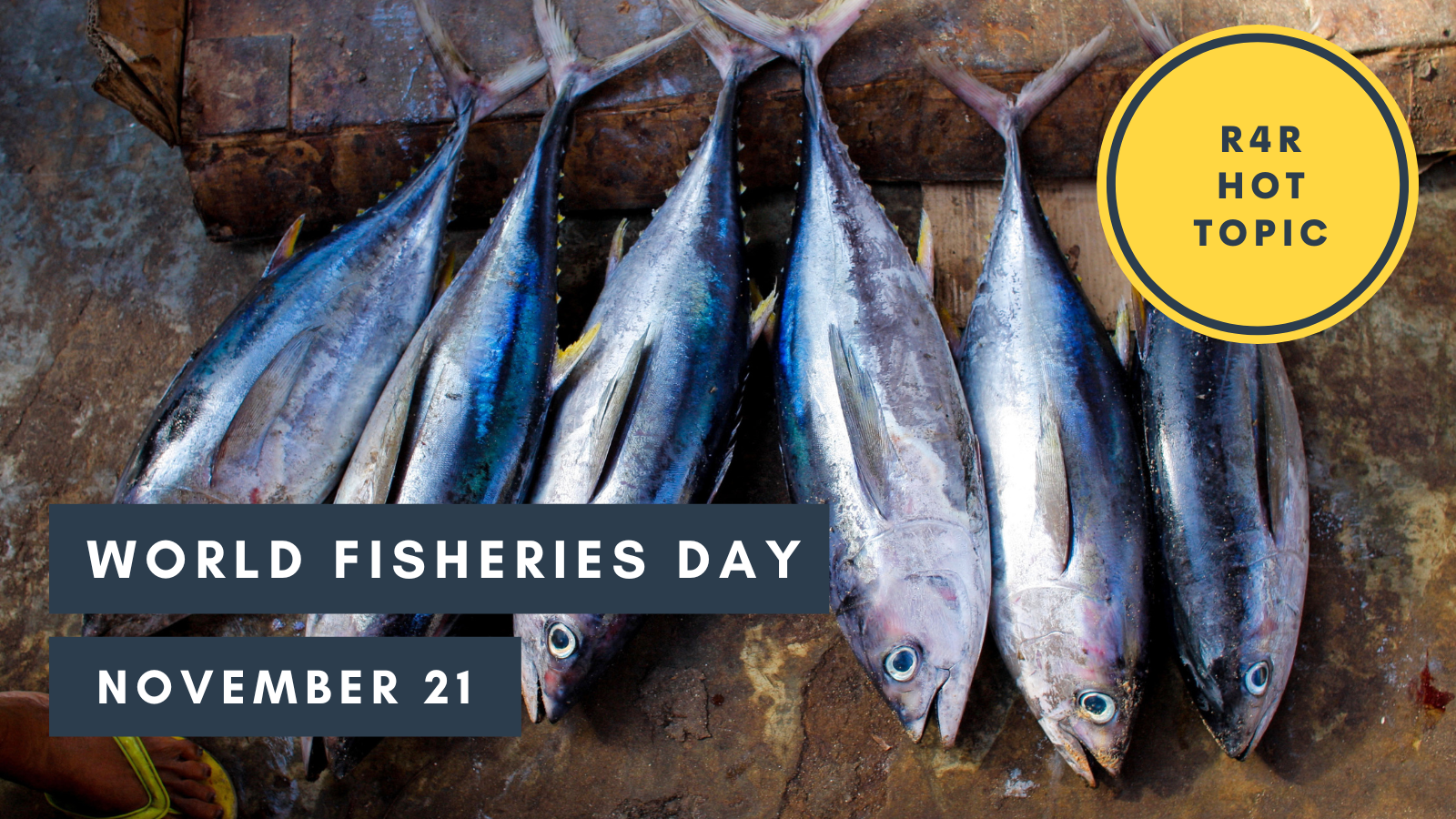 |
Buy Nothing DayNovember 24 |
 |
World Wetlands DayFebruary 2 |
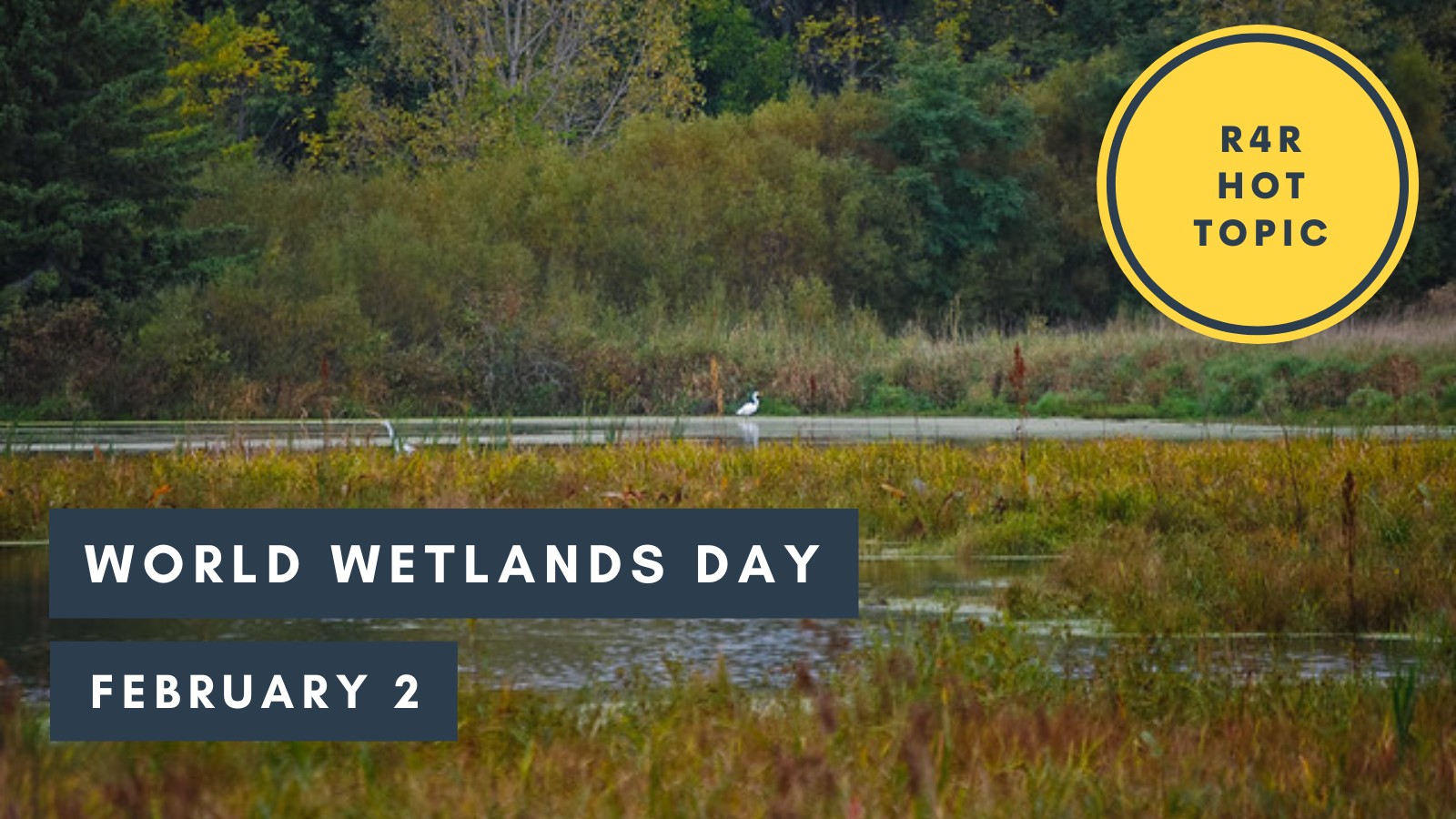 |
World Day of Social JusticeFebruary 20 |
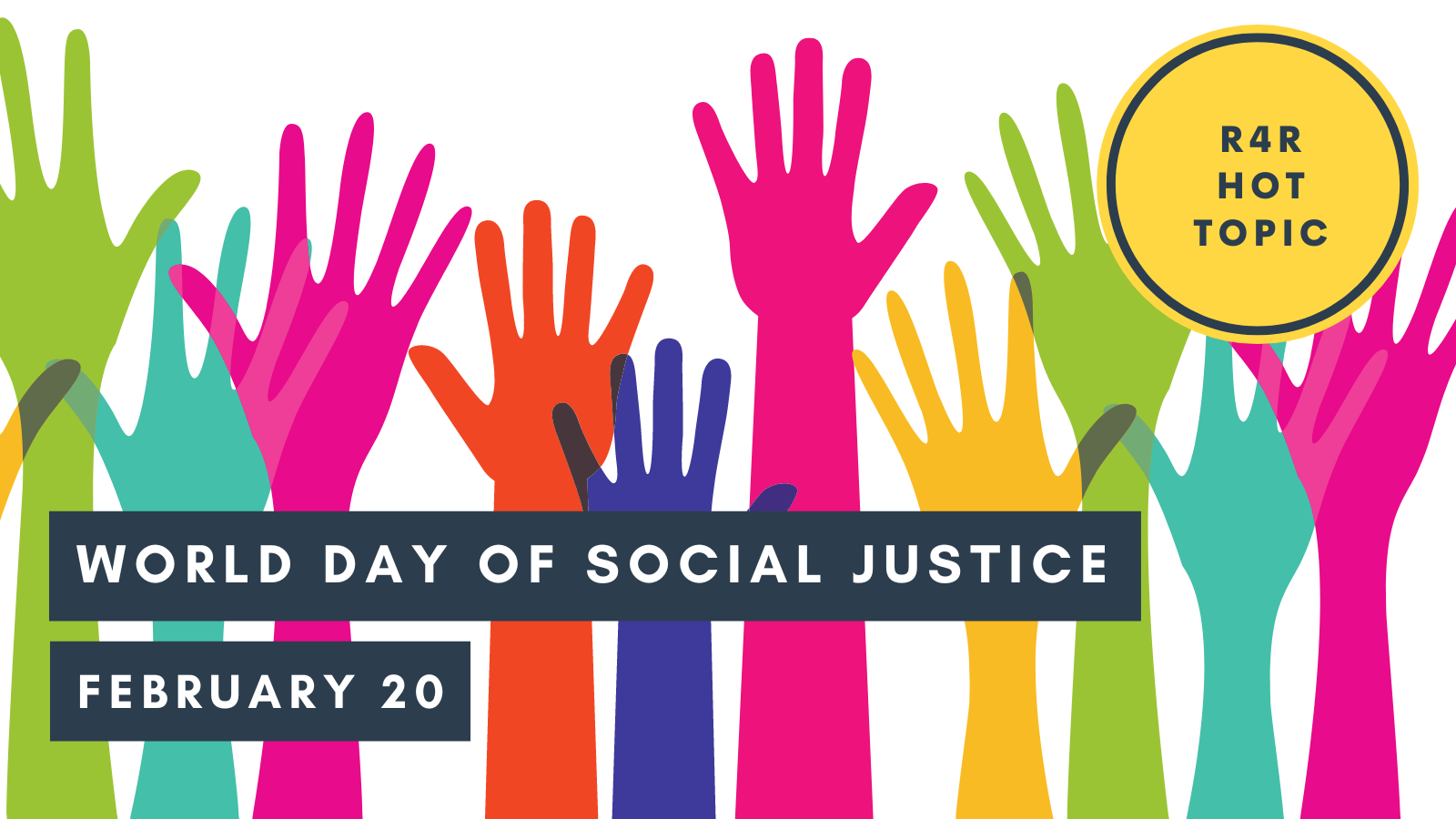 |
World Water DayMarch 22 |
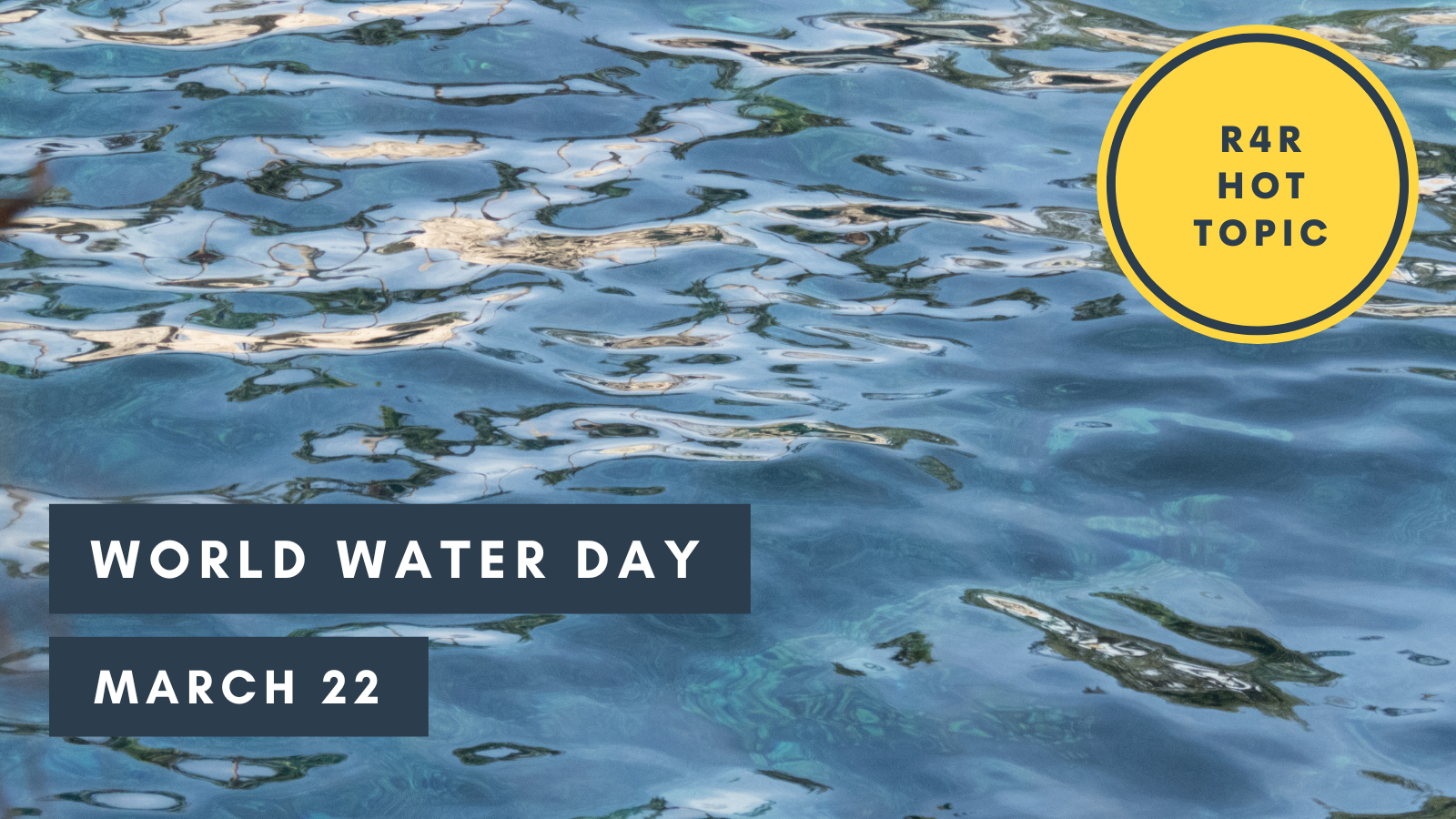 |
Earth HourMarch 23, 20248:30-9:30pm |
|
Earth DayApril 22 |
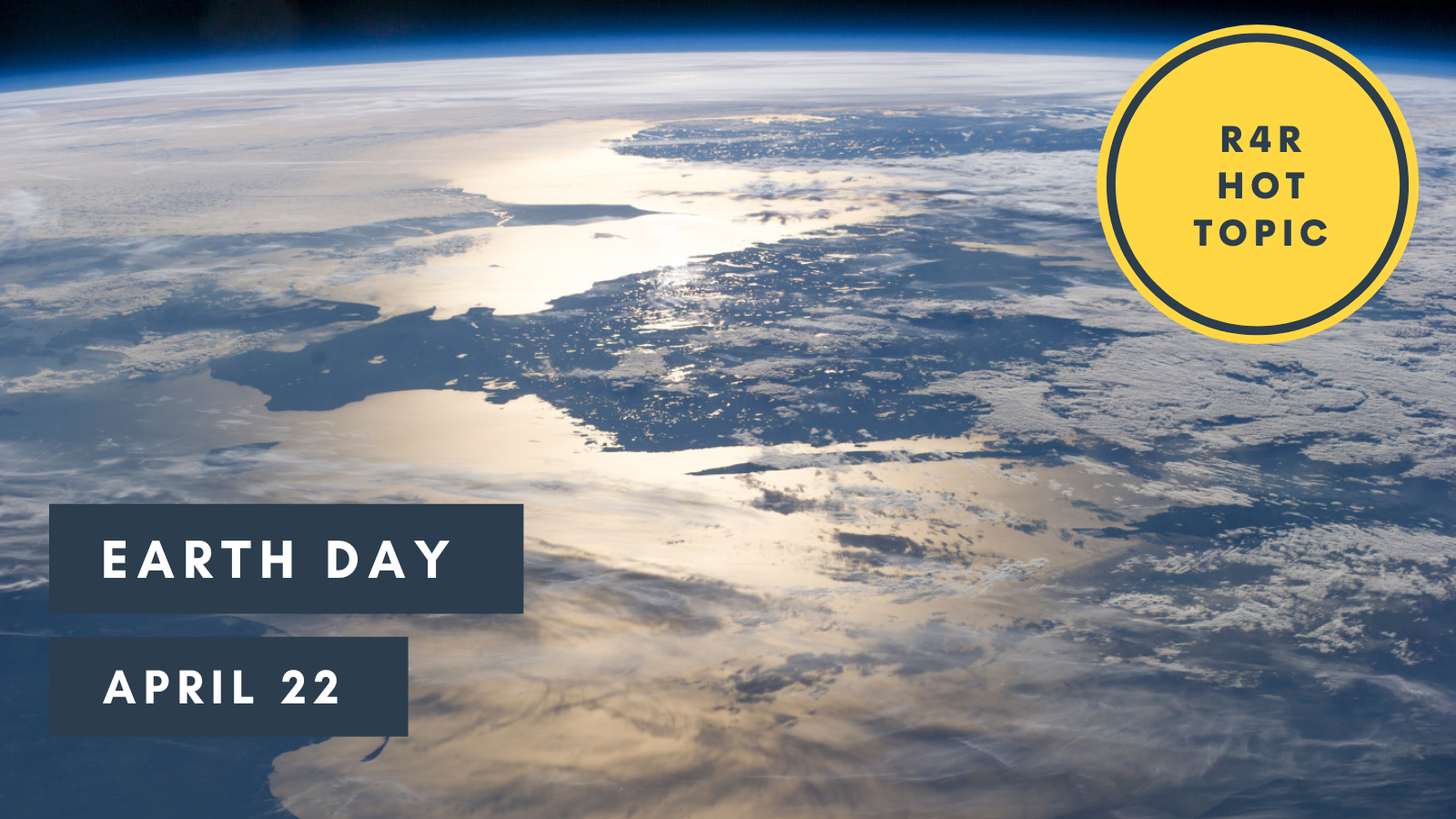 |
International Day for Biological DiversityMay 22 |
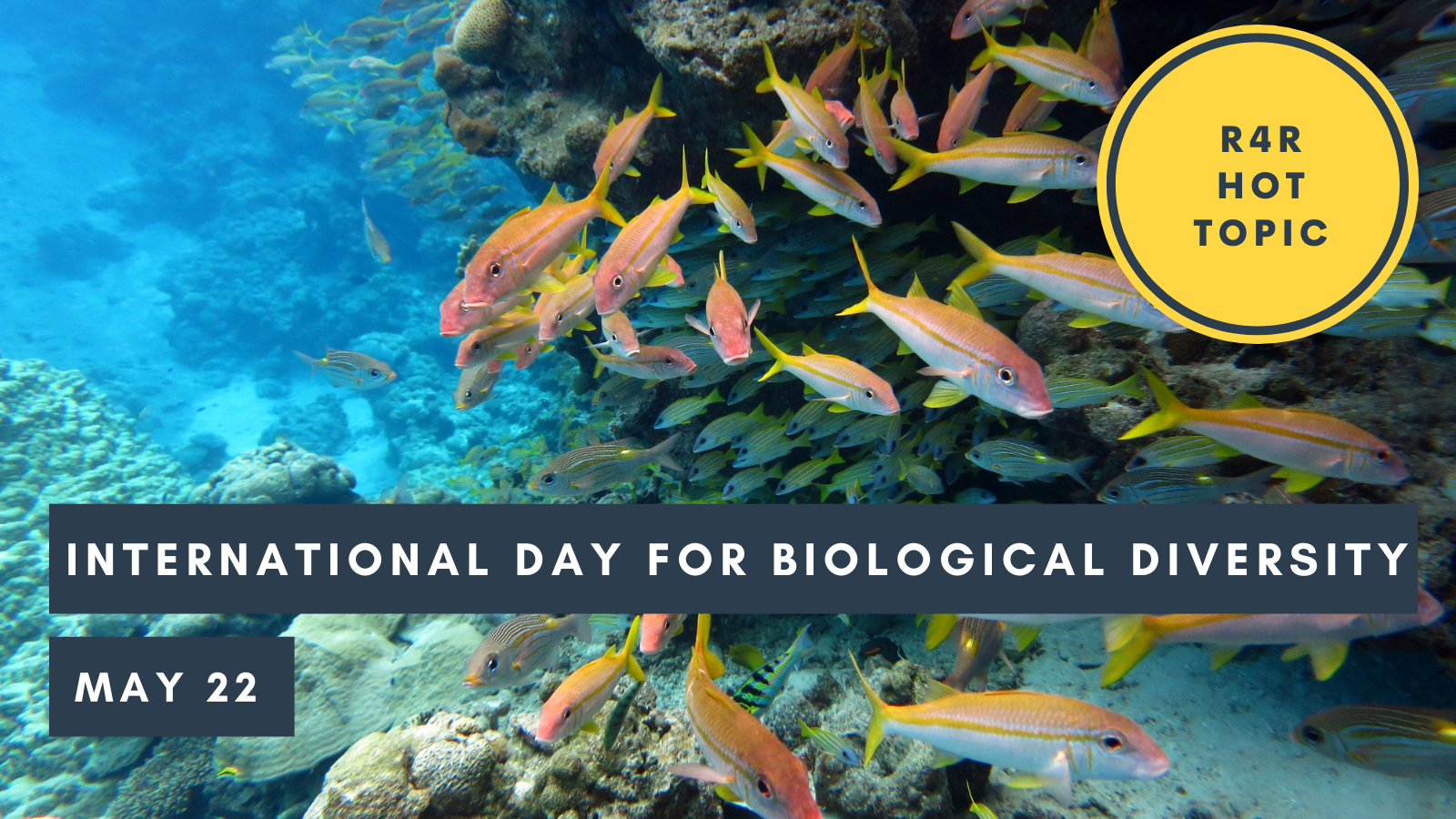 |
Canadian Environment WeekJune 4 to June 10 |
 |
National Indigenous Peoples DayJune 21 |
 |

